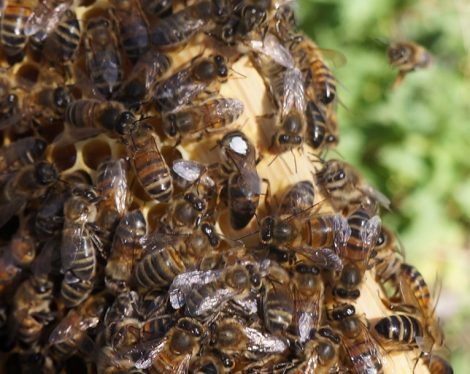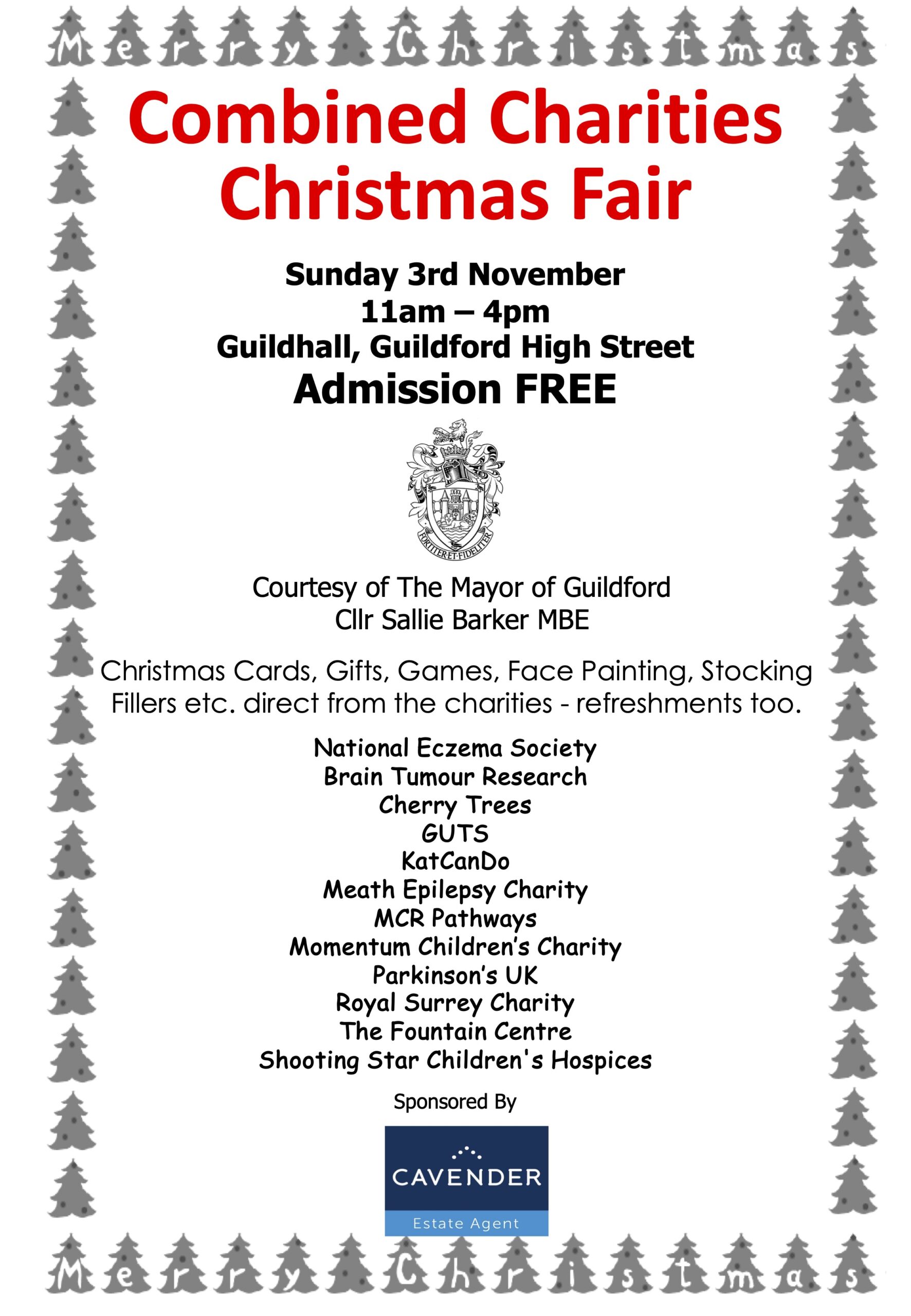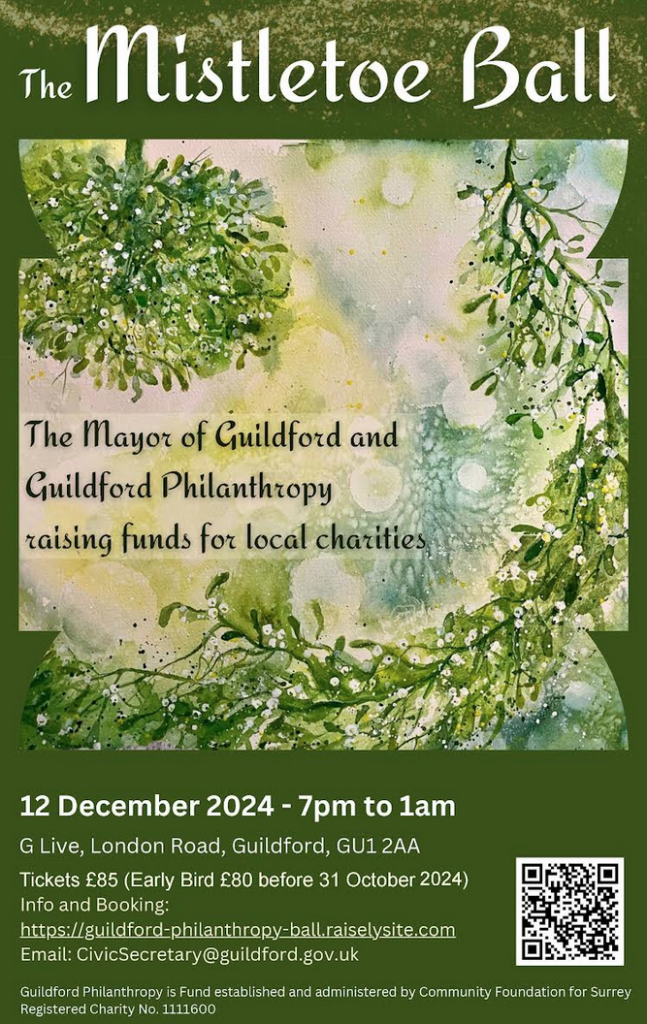- Stay Connected
 Abraham Lincoln
If given the truth, the people can be depended upon to meet any national crisis...
Abraham Lincoln
If given the truth, the people can be depended upon to meet any national crisis...
 Guildford news...
for Guildford people, brought to you by Guildford reporters - Guildford's own news service
Guildford news...
for Guildford people, brought to you by Guildford reporters - Guildford's own news service
Beekeeper’s Notes: Shock At Colony Losses
Published on: 1 May, 2020
Updated on: 1 May, 2020
Hugh Coakley keeps bees in Worplesdon
Beekeepers in Surrey have been reporting 30%, and higher, losses of honey bee colonies and they are shocked and confounded as to why it is happening.
The beekeeper finds only a few dead bees left in the failed colonies. And with generally plenty of honey still in the hives, it is not a lack of winter food causing the loss.

A newly marked queen in one of my hives. It makes it much easier to spot her if she is marked.
I wrote in January about a couple of my hives not making it through the winter. Since then, two more are badly depleted and possibly won’t recover.
Local beekeeper Jonathan Brookhouse, who has about 50 hives and takes a ‘chemical-free’ approach to bees, said: “I am shocked. I have heard from others that their losses were also well above average.
“It’s not clear what was going on and perhaps we will never know. These losses have also happened to colonies treated for varroa so I don’t think it’s that.”
Varroa is the mite endemic in honey bee colonies since the 1990s. If not controlled, it can weaken and kill off colonies.
“It may be the warmish wet winter combined with insufficient eggs laid in the autumn,” he said: “Which meant the colony was made up of older bees that were not strong enough to last the winter.”
Another very experienced beekeeper, Michael Main from Weybridge, discovered to his horror in early March he had lost all eight of his hives. He had heard of at least two other beekeepers in his area who had also suffered losses.
Michael said: “It’s possible the queens had failed during the autumn or succumbed to a viral infection. They were all young queens, less than one year old, but some were quite late in mating.
“All colonies have had the remaining bees tested for nosema [a common disease in honeybees] but all proved negative.”
So, what is happening to cause these losses?
It could be any one of a number of things or a combination.
Rainfall last autumn was between 10% and 30% above the average and our weather patterns are changing.
But it could be pesticides, loss of habitats, disease – known or unknown – or even the way we keep bees could be catching up on us.
Professor Tom Seeley has written about the ways in which modern beekeeping differs from the way that wild bees live.
I contacted the beekeeper magazine, Bee Craft, to see if it had heard of similar losses. Co-editor Stephen Fleming said: ““We are surprised to hear your news. We have heard nothing out of the ordinary so far this year – but it’s early days in the season and of course beekeeping associations aren’t meeting, so communication is not as good as usual.”
Hopefully, Surrey is not in the vanguard of something nasty!


















Jim Allen
May 1, 2020 at 5:44 pm
Could it be neonicotoids?